Origins
The Tolaran Calendar, formally called the Tihagi Calendar, was developed by the
Orkind people of the
Talaina'Vao region in
Tolara; specifically it originated with the
Rokur Clan, whose current tribal lands are located in the Hiatal mountains, on Tolara's isolated Southern Peninsula.
Seeking to create a time-telling system that could easily be used by anyone of any status or profession,
Voltak Tihagi of
Rokur Clan simply observes how her told time amongst themselves. It was from her Clan's folk methods of time-telling that the Tihagi Calendar was eventually derived.
The final calendar uses both the rotation of the world's two visible moons (
Dhea and
Tau) and the continent's three seasons (
Cold,
Wet, and
Dry) to count the passing of time in terms of daily, monthly, and yearly cycles- leading to a calendar that remains surprisingly precise despite being highly simplified.
Its simplicity made it easy to use across a wide variety of cultures, languages, and customs during the early days of Tolaran settlement. As a result, many adopted it as their official calendar on the southern peninsula, where it spread north via the
Adventurer's Guild. Eventually it became so widespread within
Tolara as to become the only calendar used on the continent- becoming officially adopted during the signing of the Astrantia Charter. Since then its use has expanded to other areas in the world, leading many to simply call it the Common Calendar.





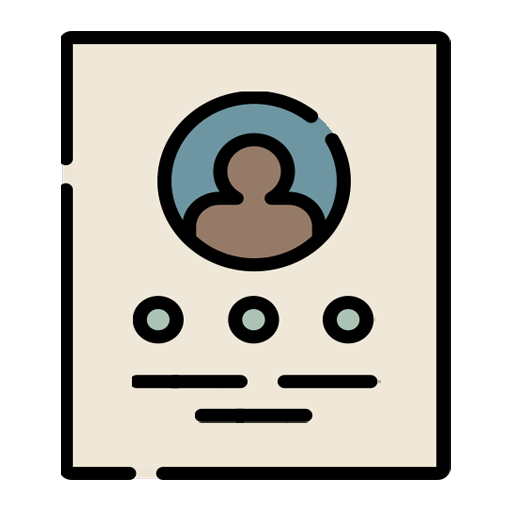
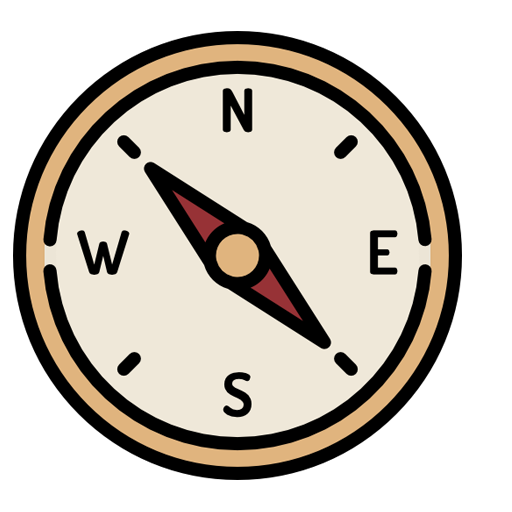
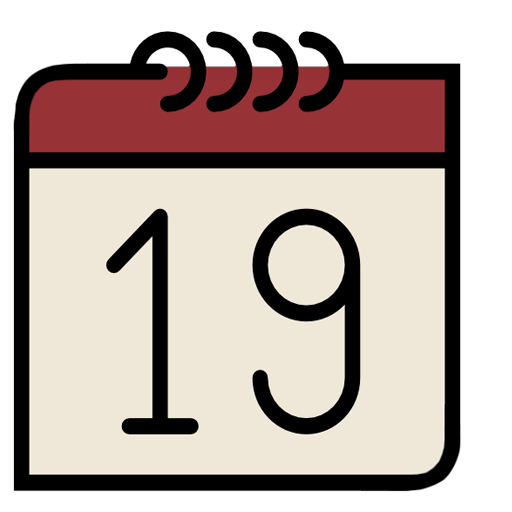

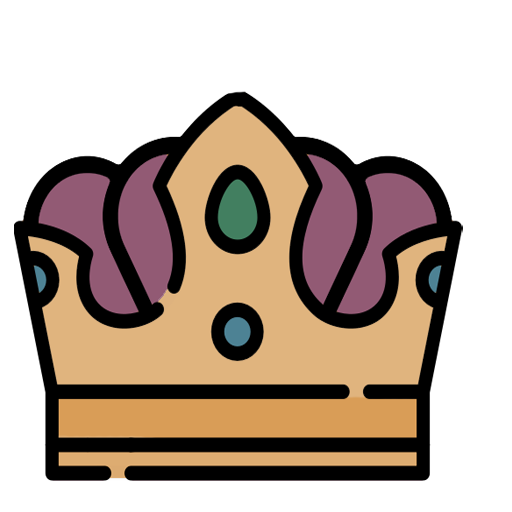
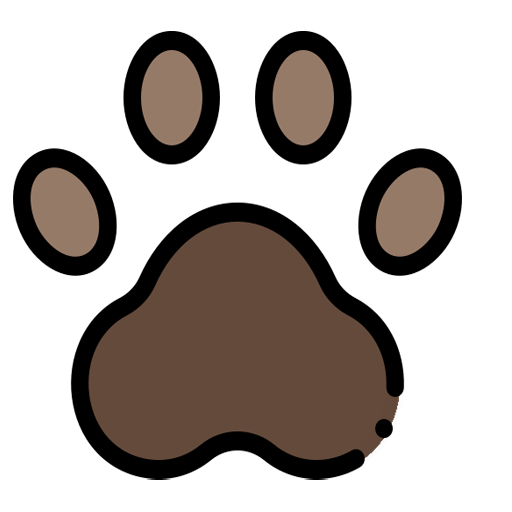

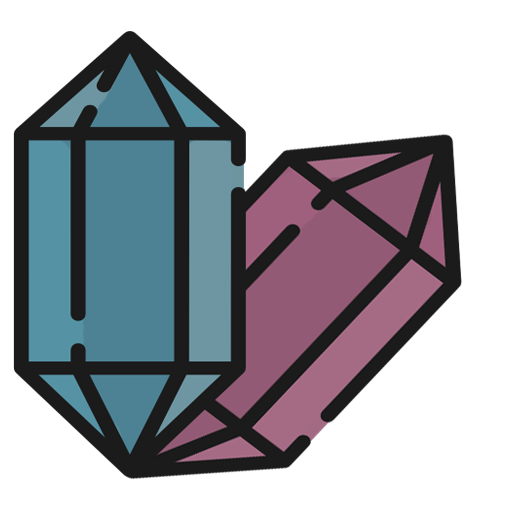


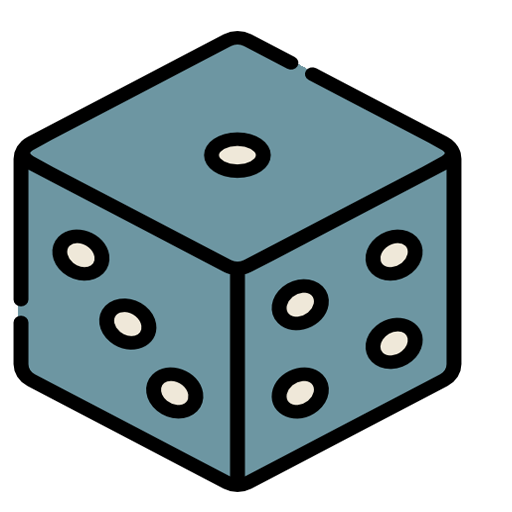
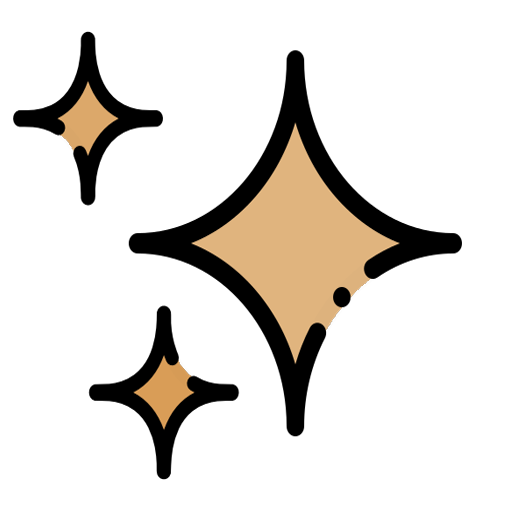



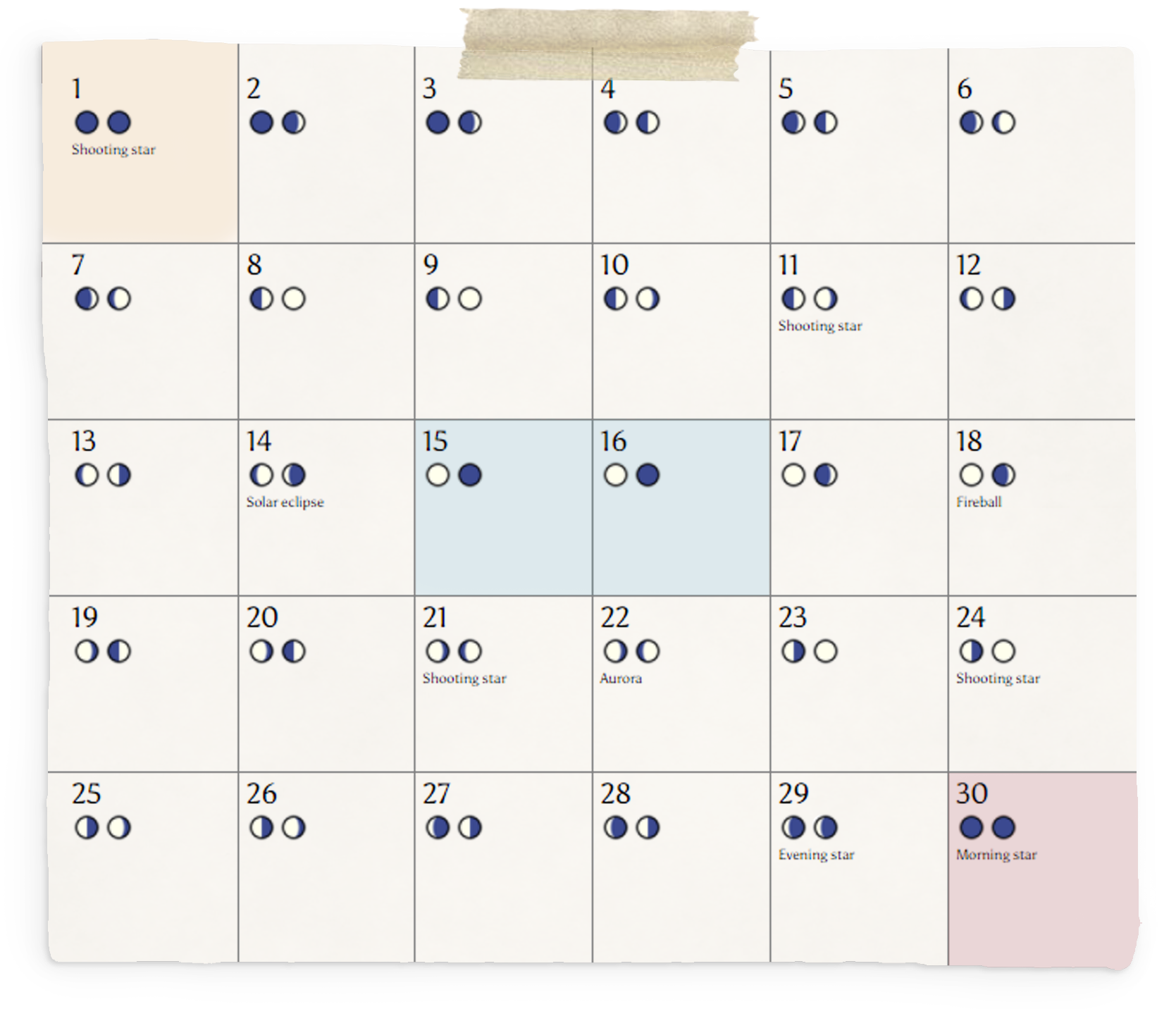

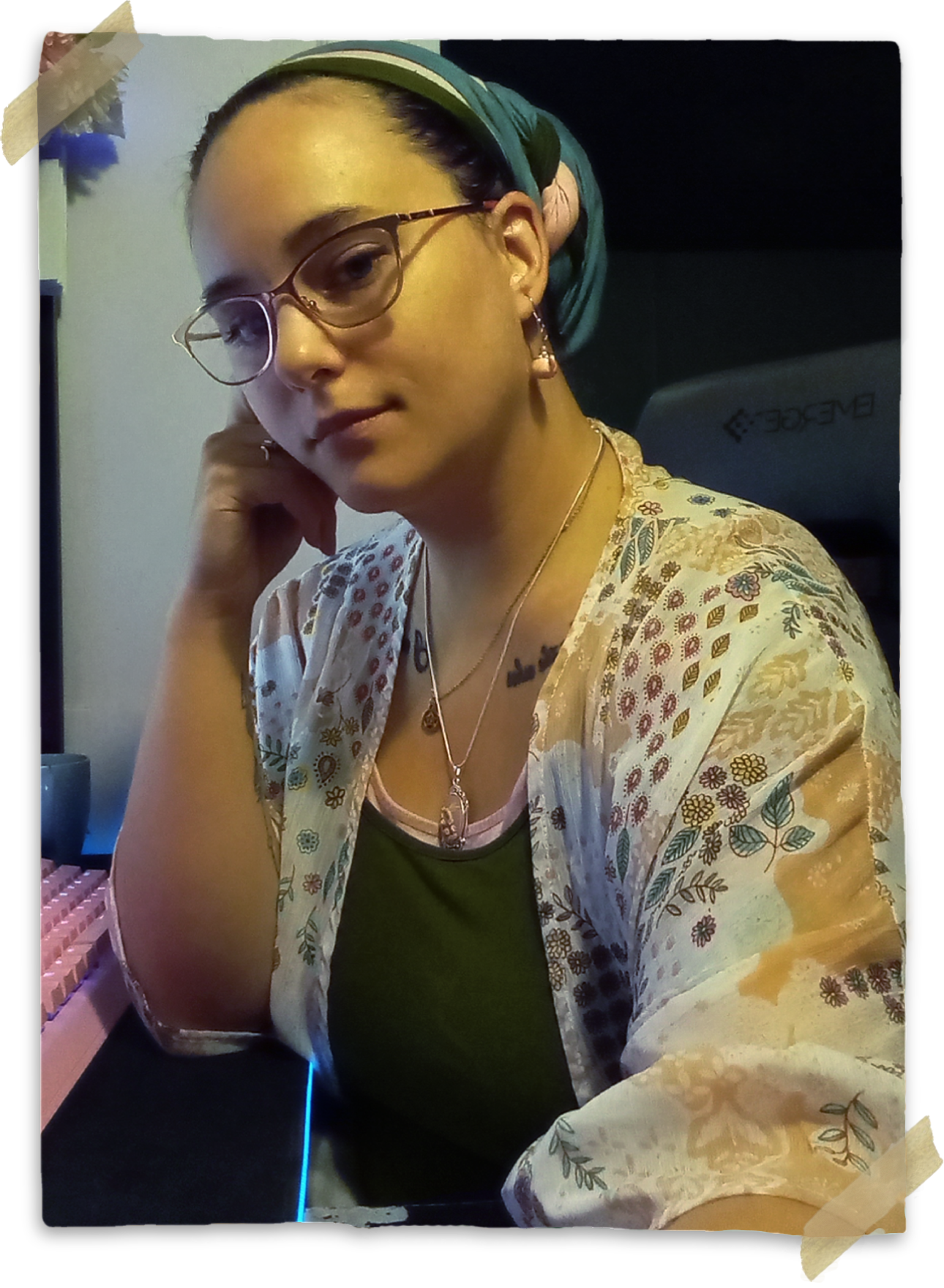
Comments
Author's Notes